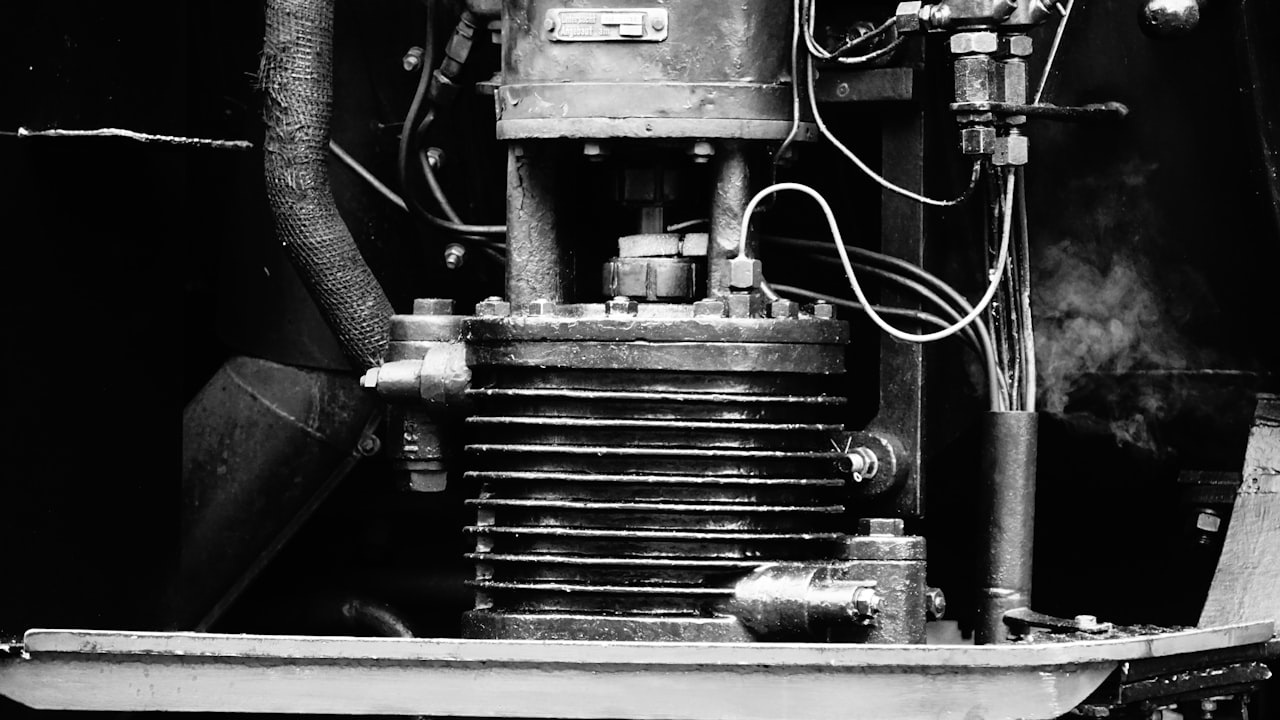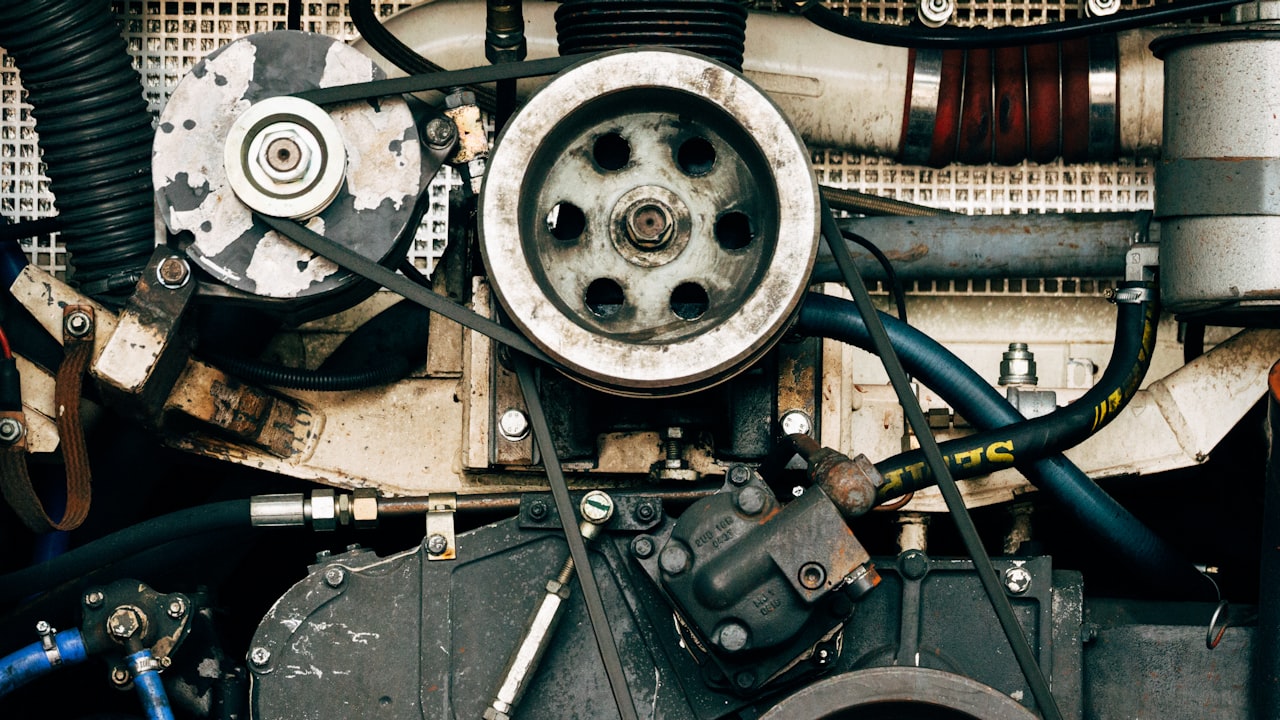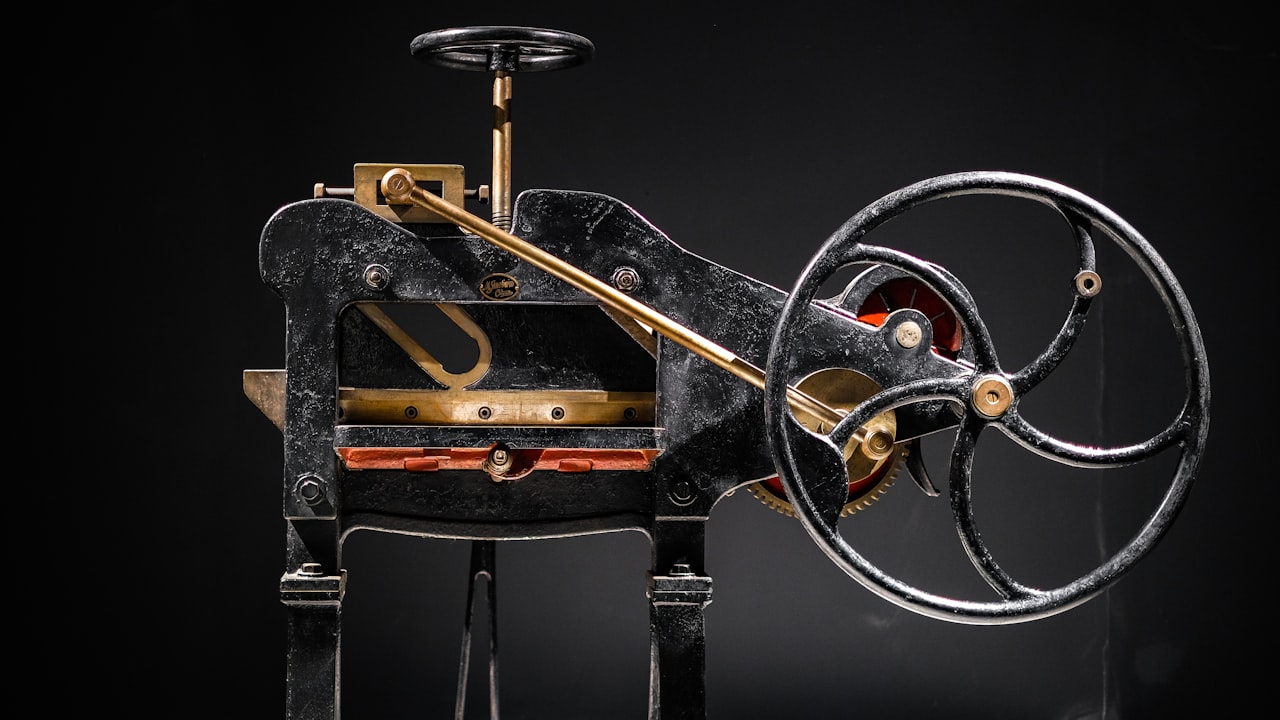 Title: “Revolutionizing Pharmaceutical Production: The Impact of Pharmaceutical Machinery”
Title: “Revolutionizing Pharmaceutical Production: The Impact of Pharmaceutical Machinery”
In the rapidly evolving pharmaceutical industry, the role of advanced pharmaceutical machinery cannot be overstated. The integration of cutting-edge technologies has transformed the way medications are manufactured, leading to significant improvements in efficiency, quality control, and overall production processes. Two key types of pharmaceutical machinery that have revolutionized the industry are tablet press machines and capsule filling machines, including the popular models like TDP (Tablet Press) and THDP (Tablet and Capsule Press).
Tablet press machines, such as the TDP series, play a crucial role in the production of tablets. These machines are designed to compress powdered ingredients into solid tablets of various sizes and shapes, ensuring consistency and precision in the manufacturing process. The TDP series is known for its high efficiency and reliability, capable of producing a large volume of tablets in a relatively short amount of time. With features such as adjustable compression force and speed control, TDP machines offer flexibility to adapt to different formulations and production requirements.
On the other hand, capsule filling machines, including models like THDP, are essential for encapsulating powdered or liquid medications. These machines automate the process of filling empty capsules with the desired dosage of medication, providing an efficient and standardized way of producing capsule formulations. The THDP series, with its advanced filling mechanisms and capacity to handle different capsule sizes, has become indispensable in pharmaceutical manufacturing facilities worldwide.
The impact of pharmaceutical machinery goes beyond just streamlining production processes. These advanced machines also contribute to improving quality control standards in the industry. By ensuring precise dosing, uniform tablet/capsule dimensions, and minimal variation in weight, tablet press and capsule filling machines help pharmaceutical companies meet regulatory requirements and deliver high-quality products to consumers.
Furthermore, the integration of automation technology in pharmaceutical machinery, including TDP and THDP machines, has significantly enhanced production efficiency. Automated systems reduce the dependency on manual labor, minimize the risk of human error, and increase the overall speed of production. With features like automatic feeding, filling, and ejection mechanisms, these machines can operate continuously with minimal supervision, maximizing output while maintaining product quality.
In conclusion, the advancements in pharmaceutical machinery, particularly in the form of tablet press and capsule filling machines like TDP and THDP, have revolutionized the way medications are manufactured. These machines have not only improved production efficiency and quality control but have also paved the way for the development of innovative drug delivery systems. As technology continues to evolve, the future of pharmaceutical machinery holds immense potential for further enhancing pharmaceutical production and expanding access to essential medications for people worldwide.

 Title: “The Role of Pharmaceutical Machinery in Modern Drug Production”
Title: “The Role of Pharmaceutical Machinery in Modern Drug Production” Title: “The Role of Pharmaceutical Machinery in Ensuring Quality and Efficiency”
Title: “The Role of Pharmaceutical Machinery in Ensuring Quality and Efficiency” Title: “The Role of Pharmaceutical Machinery in Modern Medicine Manufacturing”
Title: “The Role of Pharmaceutical Machinery in Modern Medicine Manufacturing” Title: The Role of Pharmaceutical Machinery in Ensuring Quality Medications
Title: The Role of Pharmaceutical Machinery in Ensuring Quality Medications  Title: “The Role of Pharmaceutical Machinery in Drug Manufacturing Processes”
Title: “The Role of Pharmaceutical Machinery in Drug Manufacturing Processes” Title: “Revolutionizing Healthcare: The Role of Pharmaceutical Machinery in Modern Medicine”
Title: “Revolutionizing Healthcare: The Role of Pharmaceutical Machinery in Modern Medicine” Title: “The Evolution of Pharmaceutical Machinery: Advancements in Drug Manufacturing Technology”
Title: “The Evolution of Pharmaceutical Machinery: Advancements in Drug Manufacturing Technology” Title: “Revolutionizing Pharmaceutical Production: The Role of Pharmaceutical Machinery”
Title: “Revolutionizing Pharmaceutical Production: The Role of Pharmaceutical Machinery” Article Title: “Revolutionizing Pharmaceutical Manufacturing: The Role of Pharmaceutic Machines”
Article Title: “Revolutionizing Pharmaceutical Manufacturing: The Role of Pharmaceutic Machines”



